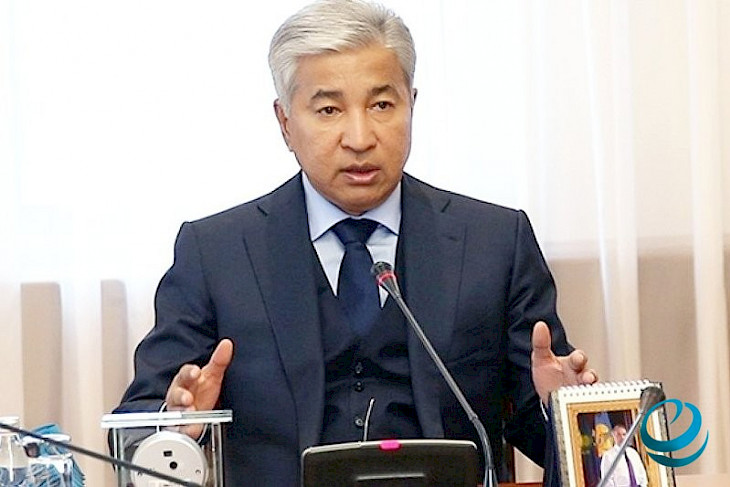The risk of conflicts over resources such as land and water is increasing in Central Asian countries, but the Collective Security Treaty Organization (CSTO) has the capabilities to prevent such threats, stated Imangali Tasmagambetov, the CSTO Secretary-General. It was informed by the "National Defense" magazine, Eurasia Today reports.
"We are facing an increasing number of threats, and the issue of conflicts arising from the struggle for vital resources such as land and water, which become the cause of border disputes, is particularly acute. But we have every reason to expect the strengthening of this potential and the increase in the influence of our organization in the Eurasian region," noted Tasmagambetov.
He also expressed concern about information security within the organization's area of operation, stating that the lack of proper control in this area increases the likelihood of manipulation of public opinion by external forces.
According to him, the active work of the CSTO in identifying and assessing threats, as well as close cooperation between member states, underscores the seriousness of the organization's approach to addressing such problems.
"Our experience allows us to develop new methods to prevent such threats, including through the creation of alternative resources that can eliminate the grounds for conflicts," added the Secretary-General.
Tasmagambetov emphasized the importance of various directions of the CSTO's work, including political and diplomatic activities through the organization's Parliamentary Assembly, information-analytical initiatives, and mediation efforts.
According to the Eurasian Development Bank, irrigation in Central Asia faces chronic underinvestment in infrastructure and is characterized by low water usage efficiency.
The infrastructure is over 50 years old, and 40% of water is lost in irrigation canals.
"Reducing water consumption for agricultural purposes will help reduce dependence on transboundary water resources and mitigate the impact of the construction of the Kosh-Tepa canal in Afghanistan," analysts at the Eurasian Development Bank believe.
Analysts at the Eurasian Development Bank have concluded that in the near future, Central Asia is expected to experience an increase in water demand due to the anticipated reduction in the flow of the Amu Darya River from Afghanistan.
All of this could exacerbate political relations between countries and provoke conflicts over water resources.
CentralasianLIGHT.org
March 29, 2024

